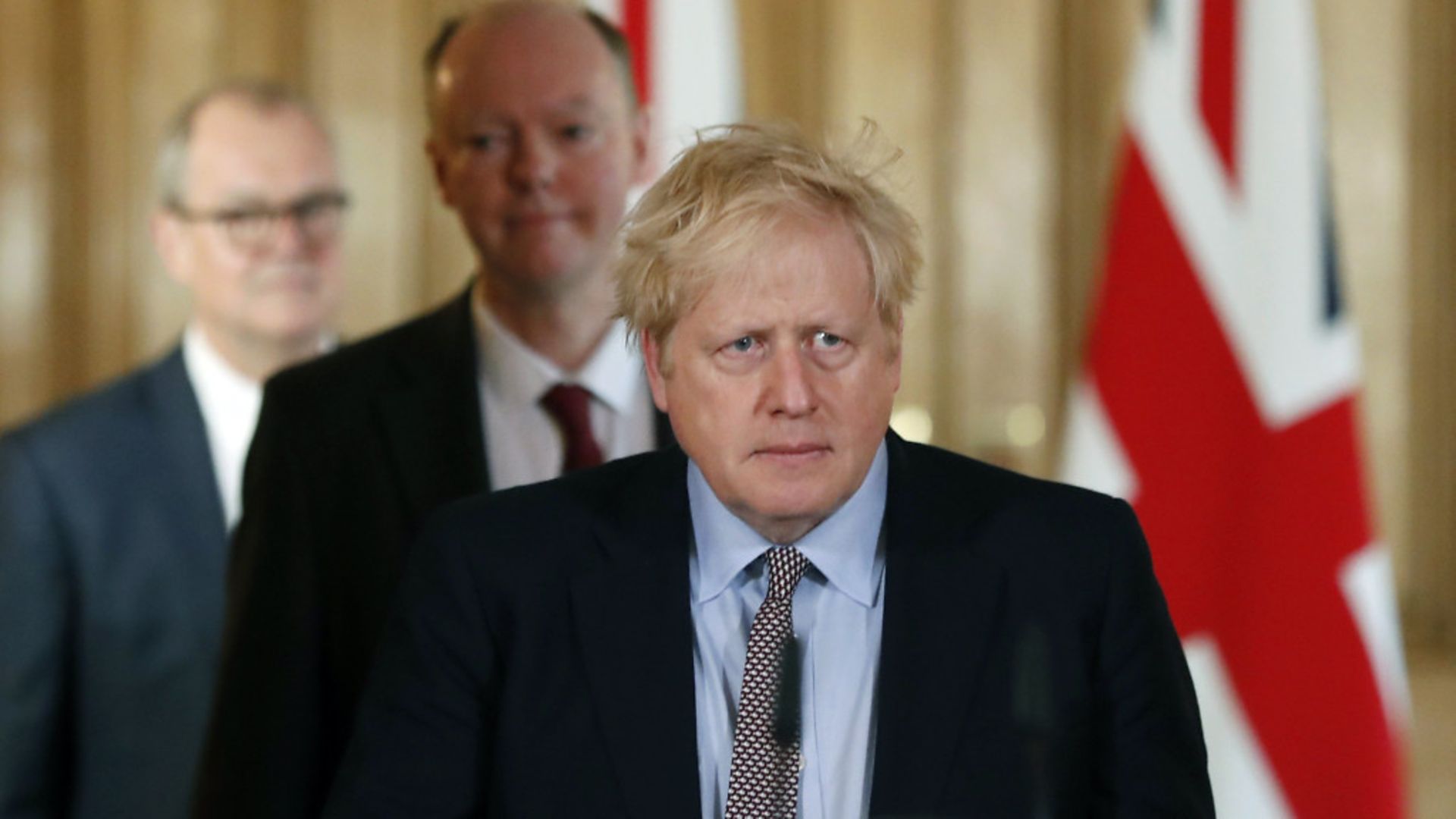
It is essential that lessons are not just identified, but robustly implemented to ensure the UK is more resilient to such events in the future.
Where there is much to be positive about regarding the UK’s strong vaccine rollout, a public inquiry into how this pandemic has been handled in the country since the first signs of COVID emerged will be required, to ensure mistakes aren’t repeated in the future.
Such an inquiry will need to address health-related questions raised by campaign groups, such as the People’s Covid Inquiry, and calls from medics, such as this in the BMJ. However, it must also address broader questions evaluating UK emergency preparedness and response arrangements (aka “civil contingencies”) more generally.
Drawing on our research into the UK’s COVID-19 response, we have identified five questions that need to be urgently addressed in a public inquiry.
1. Why did so many people die?
This is the core question for any future inquiry. In a 2019 ranking of the countries best prepared to respond to an epidemic, the UK was rated number one. Yet UK COVID deaths now exceed 150,000 and the UK’s death rate (pro rata) is among the worst in the world. We must find out what went wrong. This is a complex question that will need to account for pre-existing vulnerabilities, as much as failures in the response itself.
2. Why wasn’t a formal state of emergency invoked?
The UK has legislation that enables a government to call a state of emergency. This is called the Civil Contingencies Act 2004. It sets out the administrative frameworks and emergency powers needed for addressing emergencies in the UK. However, it has never been invoked. Rather than declare a state of emergency under the CCA to deal with COVID-19, the UK government drafted new legislation: The Coronavirus Act 2020. Some experts have suggested that this legislation weakens democratic oversights, enabling it to avoid scrutiny over its decisions.
The government needs to explain why the CCA was not invoked so that we can decide if the mechanism needs to be replaced with something better. If not, are future governments to follow the example of this one by drafting bespoke legislation for specific emergencies? This needs careful consideration given that governments would have the option to hand themselves enormous power and the ability to suspend democratic processes.
3. Why were decisions so heavily centralised?
The UK’s approach to emergency management is based around the idea that decision-making power should be devolved to the lowest appropriate level. While some powers have been devolved to administrations in Northern Ireland, Scotland and Wales, within England the COVID-19 response has been highly centralised. The Westminster government has preferred to make decisions about lockdowns rather than allowing local authorities to lead.
This has caused significant tension with regional mayors in several cases. Test-and-trace services were outsourced rather than entrusted to local teams, even though many believed they would have done a better job.
Advisers warned that this set-up would undermine trust between the government and local communities. In interviews we conducted with local leaders, the relationship with central government during the COVID-19 pandemic have been described as “dreadful”, “really bloody difficult” and “adversarial”. A public inquiry needs to investigate why this centralisation happened and what effect it had.
4. Was so much secrecy necessary?
Early in the pandemic, the government bowed to public pressure (and threats of legal action) to disclose the composition and minutes of its scientific advisory panel (SAGE). However, local authorities still struggled to access vital information held by central government, including test data and reasonable worst-case scenarios.
While some restrictions are of course necessary (for purposes of national security or personal confidentiality), maximising the free flow of information is essential to the success of an emergency response, not to mention democracy itself. A better informed public is a better prepared public. Concerns have more recently been raised about the transparency of the Joint Biosecurity Centre (the successor to SAGE) so an inquiry must assess how much this secrecy is necessary and if better information sharing is possible during emergencies.
5. Did austerity play a role?
A policy of austerity was introduced in the wake of the last major emergency – the 2007-2008 financial crisis, in the hopes of assisting recovery. But austerity has sapped public spending and the emergency services have not been spared. Shortfalls in PPE shed light not only on the extent to which emergency resources have dwindled, but also the enormous cost of procuring such supplies while an emergency is actually happening.
Similarly, COVID-19 has thrown into sharp relief the moral and public health costs associated with inequality, given the high death rates of those most economically, regionally or racially marginalised.
Decisions will soon need to be made about how to pay for record government borrowing over the course of the pandemic. That makes it vital to assess how much damage was caused by austerity and whether another round of austerity could render the UK even more vulnerable to the next emergency.
This next emergency will come as quickly and unexpectedly as COVID-19. It is thus imperative that a public inquiry into the pandemic response be both timely and thorough. An inquiry should start by summer 2021 and the most urgent lessons should be identified and published within a year. COVID-19 exposed some severe vulnerabilities in the UK’s resilience to emergencies. It is essential that lessons are not just identified, but robustly implemented to ensure the UK is more resilient to such events in the future.
This article was authored by Chris Zeborwski, Daniel Sage and Nina Marie Jörden, all of Loughborough University.
It was first published by theconversation.com









